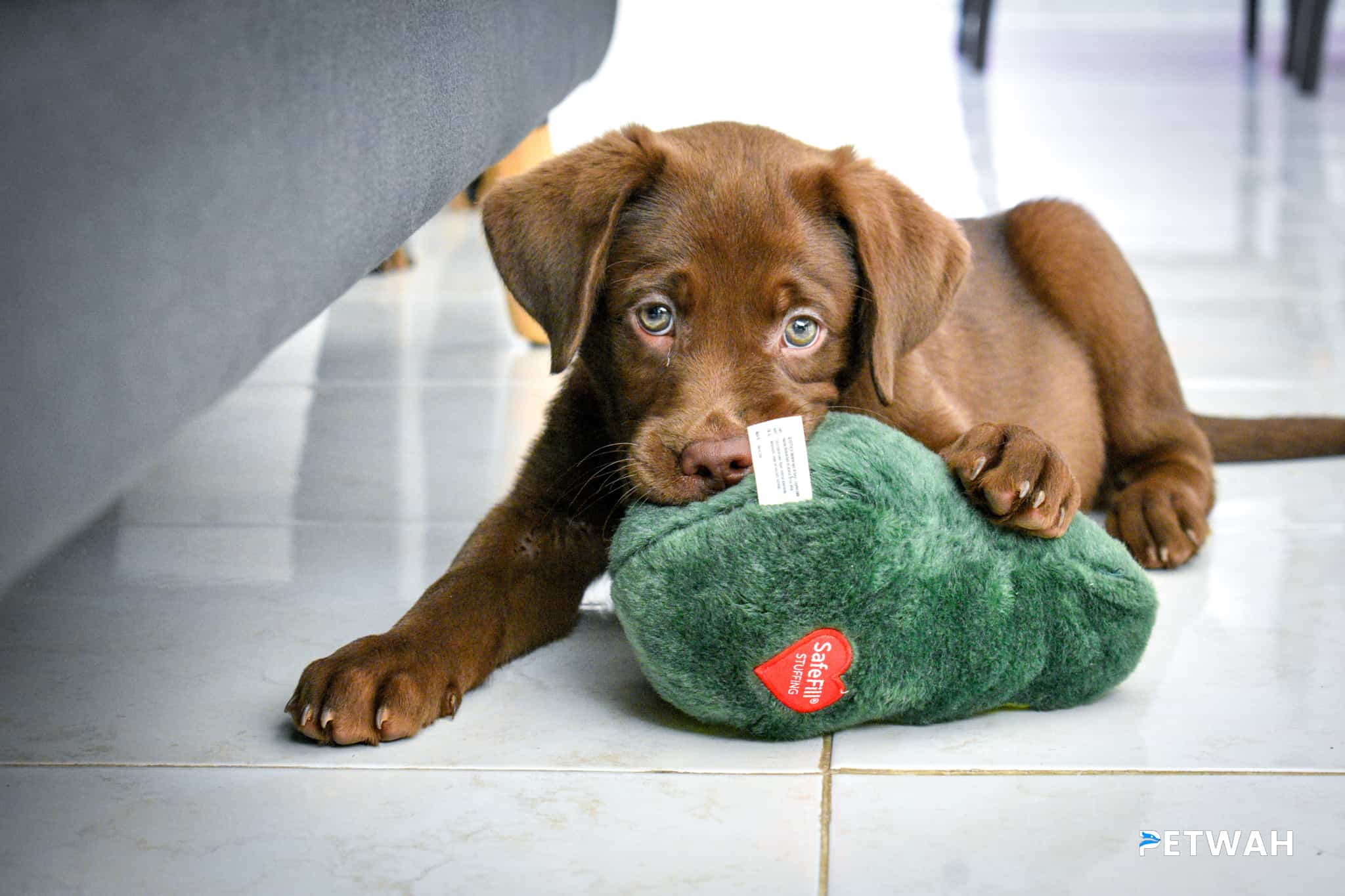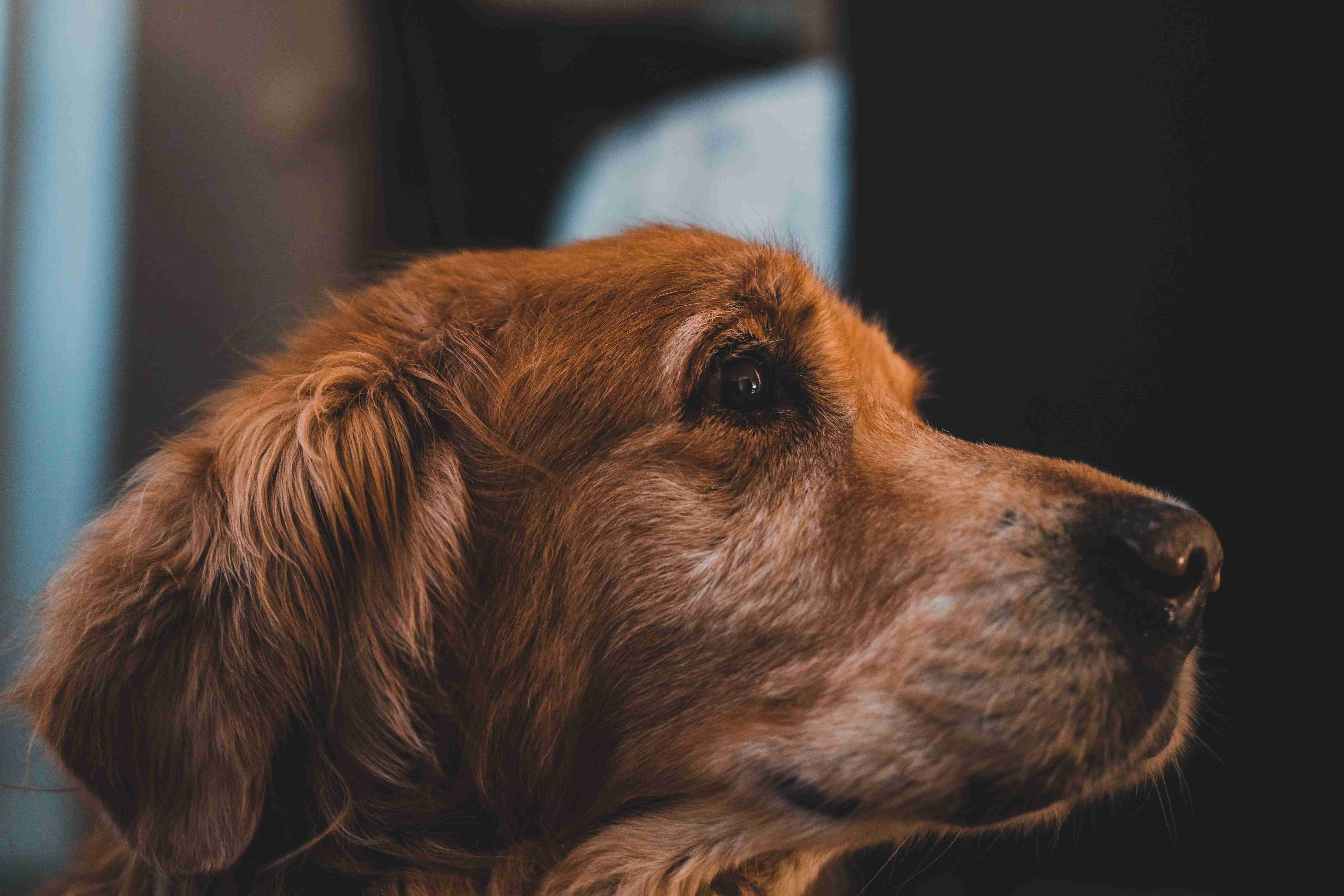German Shepherds are known for their loyalty, intelligence, and protective nature. They make great family pets and are often used as police dogs, search and rescue dogs, and service dogs. However, just like any other breed, German Shepherds can exhibit aggression if not trained and socialized properly. Aggressive behavior can be harmful to both the dog and the people around them. As a responsible pet owner, it is important to understand the reasons behind your German Shepherd’s aggression and how to manage it. In this blog post, we will provide you with expert tips on managing aggression in German Shepherds, so you can have a happier and healthier pet.
Expert Tips on Managing Aggression in German Shepherds: A Guide dog-breeds/”>to a Happier, Healthier Pet
German Shepherds are one of the most popular dog breeds in the world. They are intelligent, loyal, and protective. They are also known for their strength and aggression. While aggression in German Shepherds can be a desirable trait when it comes to protecting their family and property, it can also be a problem if it is directed towards other dogs or people. In this blog post, we will discuss expert tips on managing aggression in German Shepherds to ensure that you have a happier, healthier pet.
Understanding Aggression in German Shepherds
Aggression in German Shepherds can be classified into different types. It is important to understand the different types of aggression to determine the best course of action to manage it. Here are the different types of aggression in German Shepherds:
1. Fear Aggression: Fear aggression is a type of aggression that is triggered by fear or anxiety. This type of aggression can occur when a German Shepherd is exposed to new situations or experiences.
2. Territorial Aggression: Territorial aggression is a type of aggression that is triggered by a German Shepherd’s need to protect its territory. This type of aggression can occur when an unfamiliar person or dog enters the German Shepherd’s territory.
3. Dominance Aggression: Dominance aggression is a type of aggression that is triggered by a German Shepherd’s need to establish dominance over other dogs or people. This type of aggression can occur when a German Shepherd feels threatened by another dog or person.
4. Possessive Aggression: Possessive aggression is a type of aggression that is triggered by a German Shepherd’s need to protect its food, toys, or other possessions. This type of aggression can occur when someone tries to take away a German Shepherd’s possessions.
5. Redirected Aggression: Redirected aggression is a type of aggression that is triggered by frustration. This type of aggression can occur when a German Shepherd is unable to reach its intended target and redirects its aggression towards something else.
.jpg)
Managing Aggression in German Shepherds
Now that we have a better understanding of the different types of aggression in German Shepherds, let’s discuss expert tips on managing aggression in German Shepherds.
1. Socialization: Socialization is a crucial aspect of managing aggression in German Shepherds. Socialization involves exposing your German Shepherd to different people, dogs, and situations to help them become comfortable in different environments. This can help prevent fear aggression and territorial aggression.
2. Obedience Training: Obedience training can help establish a strong bond between you and your German Shepherd. It can also help teach your German Shepherd basic commands such as sit, stay, and come. This can help prevent dominance aggression and possessive aggression.
3. Exercise: German Shepherds are an active breed and require daily exercise to keep them physically and mentally healthy. Lack of exercise can lead to frustration, which can lead to redirected aggression. Make sure to provide your German Shepherd with enough exercise and mental stimulation.
4. Consistency: Consistency is key when it comes to managing aggression in German Shepherds. Make sure to establish consistent rules and boundaries for your German Shepherd. This can help prevent confusion and frustration, which can lead to aggression.
5. Seek Professional Help: If your German Shepherd’s aggression is severe or persistent, it is important to seek professional help. A professional dog trainer or behaviorist can help determine the underlying cause of your German Shepherd’s aggression and provide a tailored plan to manage it.
Conclusion
Aggression in German Shepherds can be a problem if it is directed towards other dogs or people. Understanding the different types of aggression and implementing expert tips on managing aggression can help ensure that you have a happier, healthier pet. Remember to socialize your German Shepherd, provide obedience training, exercise your German Shepherd, establish consistency, and seek professional help if needed. With the right management, aggression in German Shepherds can be controlled and your furry friend can live a happy and healthy life.
In conclusion, managing aggression in German Shepherds is a crucial aspect of being a responsible pet owner. By understanding the root cause of their behavior and implementing the right techniques, you can help your furry friend overcome their aggressive tendencies and become a happier, healthier pet. Remember to always prioritize their safety and seek professional help if needed. By following the expert tips outlined in this guide, you can ensure that your German Shepherd lives a fulfilling and peaceful life.


.jpg)
.jpg)
%20-%20Copy.jpg)


%20-%20Copy.jpg)
.jpg)